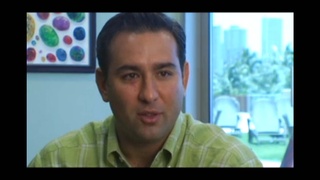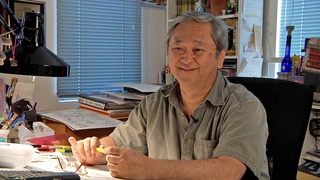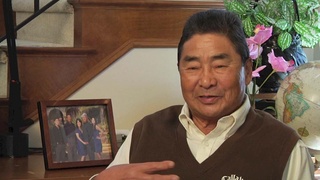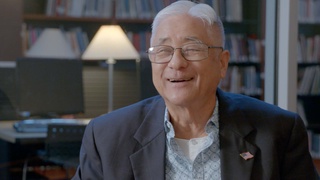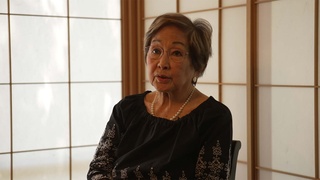Interviews
How he met his wife
I took the entrance exam to enter the Japanese department at the University of Sao Paulo, and there were two non-Japanese classmates who didn't understand Japanese at all, so I would get together with one of them at their house on the weekends and I would teach them a little bit of Japanese. I ended up dating one of them. My parents didn't say anything as long as we were friends, but one day they found out we were dating, and it became quite a scandal.
But at that time, I had already pretty much decided to go to Japan. (She) studied Japanese at Tokyo University of Foreign Studies for four years, then went to Tsukuba University to study for her master's and doctorate, so she spent a total of 10 years in Japan. I also happened to be in Japan for 10 years. By the time I finished my doctoral studies, I was about old enough to start getting married.
In Japan, she taught Portuguese to people who were being posted to Brazil, and when these people came to Brazil and met my parents, they would say things like, "I met your son's fiancee, and she seems pretty nice," so I guess my parents started to think that it couldn't be helped.
Date: September 19, 2019
Location: California, US
Interviewer: Yoko Nishimura
Contributed by: Watase Media Arts Center, Japanese American National Museum

